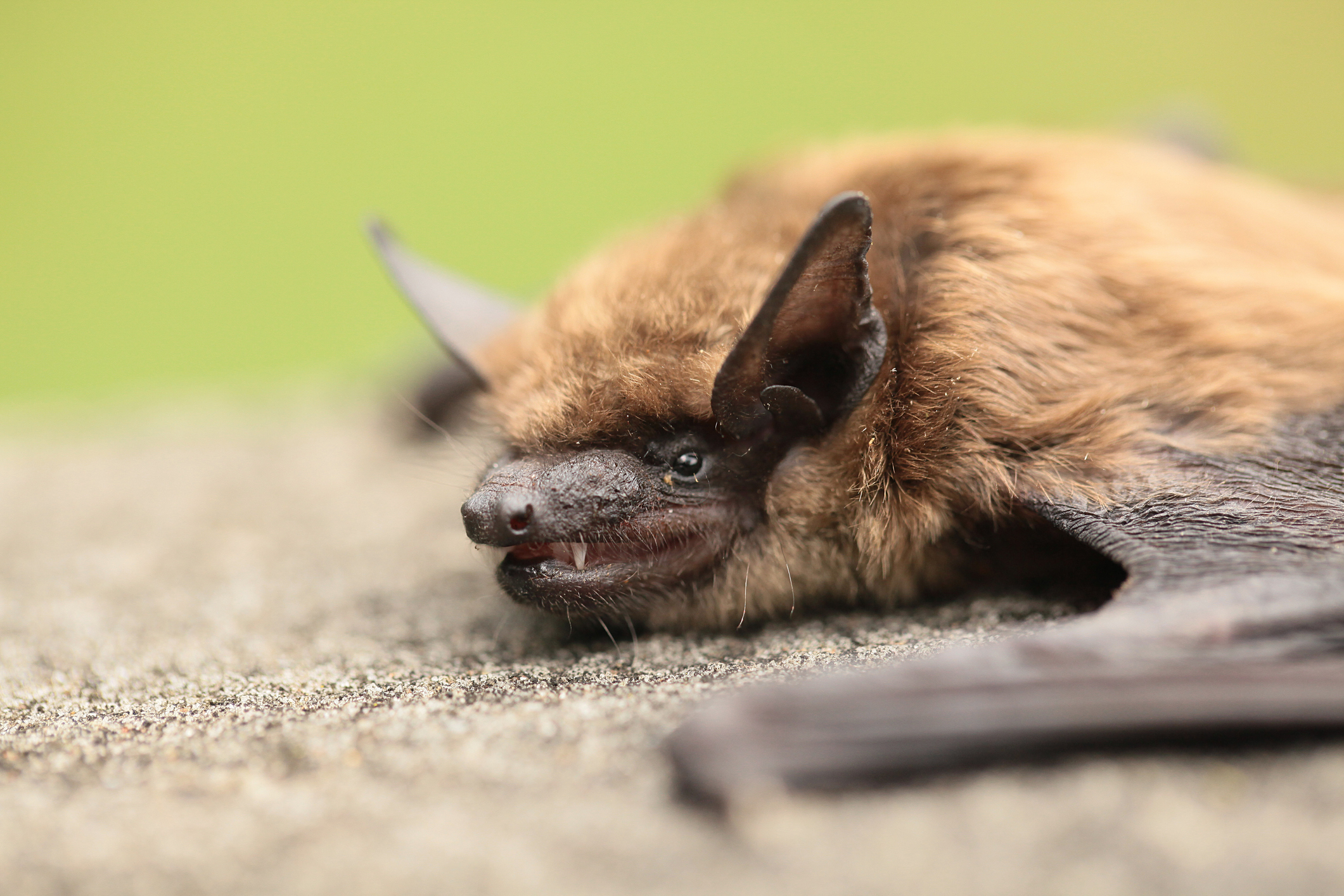What To Do If Your Pet Catches A Bat
Doctor of Veterinary Medicine

While efforts are made to answer all questions as quickly as possible, if an immediate answer is required or if your pet is in need of urgent or emergency care, contact your pet's veterinarian immediately.
Doctor of Veterinary Medicine

You will receive an answer from Dr. Lindsay and our vet/tech team as soon as possible, usually the same day.
All answers are provided for informational or educational purposes only, and are intended to be a supplement to, and not a substitute for, the expertise and professional judgment of your pet's veterinarian.
It may be necessary to consult your pet's veterinarian regarding the applicability of any opinions or recommendations with respect to your pet's symptoms or medical condition.
CloseDoctor of Veterinary Medicine

An error has occurred, please reload the page and try again.
CloseDoctor of Veterinary Medicine

While efforts are made to answer all questions as quickly as possible, if an immediate answer is required or if your pet is in need of urgent or emergency care, contact your pet's veterinarian immediately.
There is no answer related to your question

Bats are found in most regions across the United States, so chances are, your pet will encounter one someday. From afar, bats are friends to our pets. They eat mosquitoes that can carry heartworm disease.
Unfortunately, most dogs and cats see bats as prey, and will hunt the small, furry mammals if given a chance. Many species of bats are endangered and protected, and they can spread disease to our pets.
In celebration of Bat Appreciation Week, learn what you should do if your pet catches a bat and when you should worry about transmission of disease.
Are Bats A Danger To Pets?
Bats generally keep away from people and pets, coming out at night to hunt for bugs. It’s highly unlikely that a bat will ever attack your pet unprovoked. Of the few species that feed on blood, the majority live in South America, and just a few can be found close to the southern border of the United States.
Bat droppings, sometimes called guano, can be a source of pathogens that are harmful to humans, dogs, and cats. Histoplasmosis is a fungus that grows in soil contaminated by bat droppings, and it can cause a potentially life threatening lung infection if you or your pets inhale or ingest the spores.
Though bats do not normally attack pets, they will bite if your dog or cat attempts to hunt them. A bite or scratch from a bat can be harmless, but if the wound breaks the skin, and the bat happens to have rabies, the fatal virus can be passed to your pet.
While bats are an integral part of the environment and can live close to pets without issue, they can become a health hazard if they roost too close to your living quarters, especially if they enter your home, commonly taking up residence in attics.
Get in touch with your local animal control or exterminator if bats have roosted too close for comfort. Most bat species are endangered and protected, but they can still be managed by sealing entry points and using humane deterrents like lights, mirrors, and essential oils. An animal control professional can help you manage bats in a way that’s humane and in accordance with local laws.
What To Do If Your Pet Catches A Bat
If your dog or cat has caught a bat, whether alive, dead, or injured, there’s a chance they may have been exposed to rabies. Not all bats have rabies, but it is impossible to tell if a bat is infected unless it has been tested in a laboratory.
Studies show that laboratory tested bats are positive for rabies anywhere from one percent to fifteen percent of the time. While the risk of encountering a rabid bat is relatively low, the virus is 100 percent fatal if left untreated.
If You Find A Dead Bat
If your pet has killed or found a dead bat, call your local health department right away. You may be advised to submit the remains for rabies testing. Never touch or make direct contact with the bat, even if it is dead. Wear thick gloves and place in a disposable container. Do not freeze, though you may place it in a refrigerator, cooler, or on ice until you can submit it for rabies testing.
If You Find A Live Bat
If your pet has been hunting or playing with a bat that is still alive, separate your pet from the bat as soon as you can. Never touch the bat directly. Contact animal control to collect the bat for rabies testing.
Meanwhile, if your pet has contracted rabies, it would take anywhere from ten days to six weeks to show symptoms. It is possible, though uncommon for pets that are up-to-date on their rabies vaccine boosters to contract rabies. Your pet may need a rabies booster and/or quarantine after potential rabies exposure. Seek veterinary care right away if there’s a chance your pet may have been exposed to rabies.
 Swipe
Swipe


















